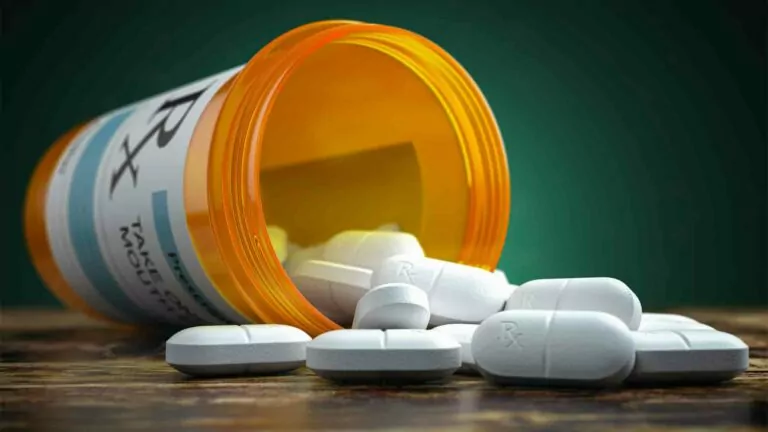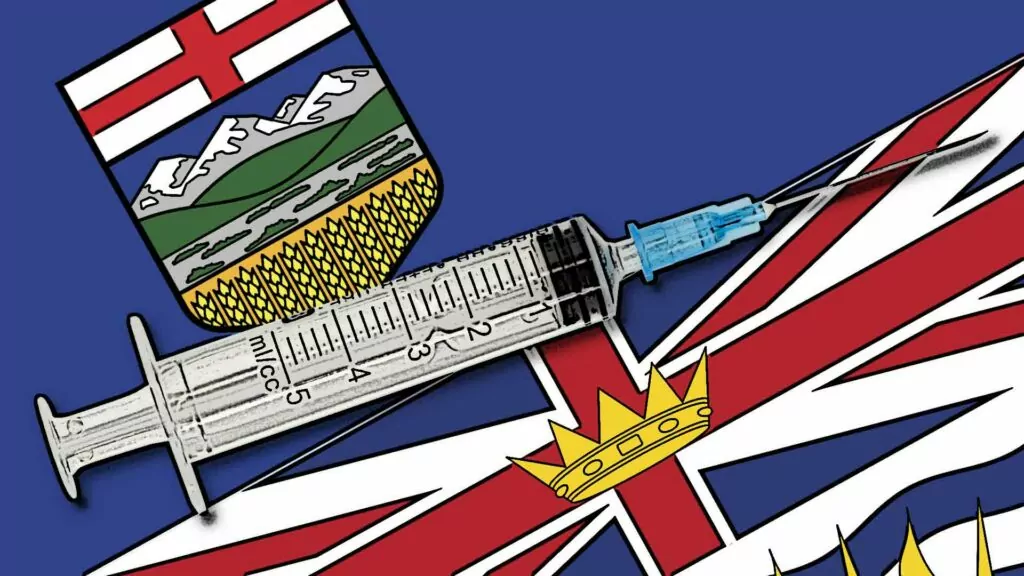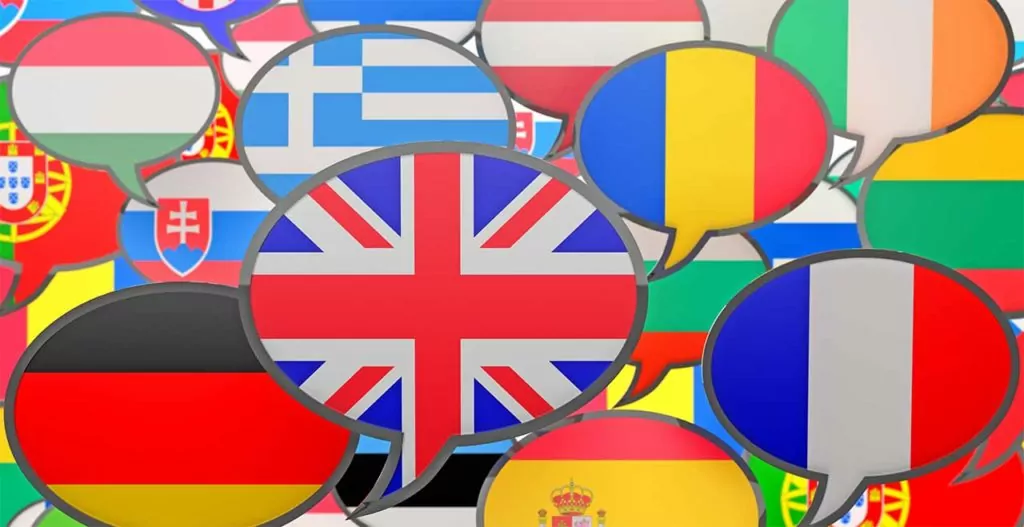Recently, Adam Zivo reported in the National Post that the British Columbia government has authorized the distribution of opioid prescriptions to minors, without parental permission. This is being done under the province’s “safer supply” or “harm reduction” strategy which involves the prescription of opioids, including fentanyl, to addicts. So, instead of trying to put these children into rehab to get off drugs completely, the program aims to provide individuals with “clean” drugs as an alternative or supplement to the illicit and toxic substances that they are addicted to.
Harm reduction is grounded in the belief that complete abstinence is an impossible goal. This perspective is evident in sex ed, where the focus is on teaching kids how to lower but not eliminate the risks of unwanted pregnancies and STDs – it’s safer, but not at all safe, sex. One of the goals of harm reduction is often to “destigmatize” actions, whether it be in the case of “sexual liberation” or drug use. Some Christians see this shame-free approach as a way of loving your neighbor, yet it goes directly against what God says about sin. How can one come to repentance if you are told what you are doing is not shameful?
Despite the implementation of “safer supply” pilot programs across the country since 2020, the latest data from BC Coroners Service reveals that 2023 marked the third consecutive year with overdose deaths exceeding 2,000 lives.
Recent reports of “safer supply” programs have found serious cases of diversion, where people were getting government-funded drugs and selling them, and in some cases, bringing them to youth in suburban areas.
In an August report, the British Columbia Centre on Substance Use (BCCSU) proposed protocols permitting nurses and doctors to prescribe opioids to both adults and minors. The BCCSU, in outlining its protocols, has even admitted that “To date, there is no evidence available supporting this intervention, safety data, or established best practices for when and how to provide it.” So, without any clear sense of concrete evidence that interventions like this work, they proceeded to recommend this process with loose requirements. The only requirement for minors to qualify is a “two prescriber approval system,” wherein one medical professional interviews the patient, and the other signs off.
What raises serious concerns is the lack of acknowledgment for parents and their rights over their children within these protocols. According to the National Post’s Adam Zivo:
“While the B.C. government generally promotes its commitment to safer supply, it was oddly silent in this instance. I became aware of the new protocols only because two concerned addiction physicians contacted me shortly after their publication.”
The absence of any requirement to inform or involve parents in the decision-making process for minors seeking prescription opioids may create incentives for young individuals to distance themselves from their families. The family unit, a child’s God-given foundation of support and guidance, is bypassed in a manner that could contribute to strained relationships and increased risks for the young individuals involved.
Not only does the province allow access to safe supply drugs without needing parents’ approval, but it also takes away parents’ rights to get the help their child needs. In BC, parents can’t make their kids go to rehab against their will.
Historically, the Church has been the place where individuals with addictions sought help, but in recent times, we have witnessed a shift towards government interventions driven by a worldview that doesn’t value the family as God does.













